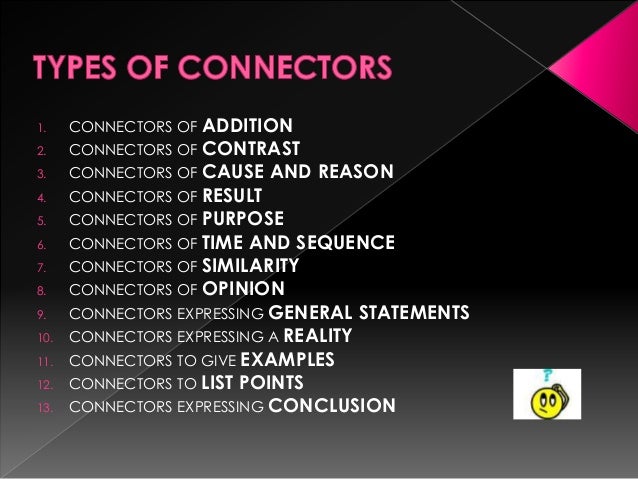

Here are a few examples of adverbial clauses of comparison of degree:

There are two types of adverbial clauses of comparison: adverbial clauses of comparison of degree and adverbial clauses of comparison of manner. So that they could ease the traffic flow, the event organizers split the group into three cohorts.Īdverbial clauses of comparison are clauses that communicate how the subject of the dependent clause compares to the subject in the main clause.

We studied all night so we would pass the exam.These two kinds of clauses can look similar, but they have one key difference: While adverbial clauses of reason give the reason why something is happening, adverbial clauses of purpose explain the reason to take a specific action. Like adverbial clauses of reason, adverbial clauses of purpose frequently involve subordinating conjunctions. They assembled, dressed, and marched out as the band played.Before she got home, she called and ordered a pizza.Īdverbial clauses of time communicate when the action in a sentence takes place: He’s amazing at billiards since he spent his youth working in a pool hall.We adopted these two cats because they are a bonded pair.Here are a few examples of sentences that include adverbial clauses of reason: These clauses generally use subordinating conjunctions like because, unless, and since. Whether my husband likes it or not, we’ll be celebrating Thanksgiving at my parents’ house.Īdverbial clauses of reason tell us the reason for the action being taken in the sentence’s main clause.We’ll be sitting in the conference room until they tell us to leave.These examples demonstrate a few ways to use adverbial clauses of condition: With an adverbial clause of condition, you can communicate the conditions related to the verb, adverb, or adjective in the sentence’s main clause. They drove beyond where the city ends.My son told me another fight broke out where he eats lunch at school.Īdverbial clauses of place describe where the action in a sentence’s main clause takes place. They designed the new product the way innovators problem-solve around design flaws.She addressed the crowd as she had practiced in the mirror.Adverbial clauses of mannerĪn adverbial clause of manner describes how the action described in the sentence’s main clause is taking place or previously took place. Each of these forms is characterized by the nature of the information the clause is communicating. We thought, because the bus has been so predictable lately, that the next one would come at 3:10.Īdverbial clauses come in many different forms.Andrei eats his lunch faster than everyone else eats.We thought, through logic, that the next bus would come at 3:10.Īnd here are similar examples of adverbial clauses:.Here are a few examples of adverbial phrases: Both are groups of words that play the adverb role, but with one key difference: An adverbial clause contains a subject and a verb, while an adverbial phrase does not. What’s the difference between an adverbial clause and an adverbial phrase?Īn adverbial clause is similar to, but not the same as, an adverbial phrase. When you need more information, use an adverbial clause. When you need to write a succinct sentence, use an adverb. They can be literal or figurative, like the clause in the fourth example.Įvery part of speech, as well as every kind of phrase and clause, is a tool designed for a specific purpose. As dollar signs flashed in his eyes, my brother agreed to the business proposal.Īs you see in these examples, adverbial clauses can appear at any point in a sentence.Eagerly, my brother agreed to the business proposal.He bakes cakes before he leaves for work every Sunday.See how adverbial clauses and adverbs compare in these examples: This means that it cannot stand on its own as an independent sentence.Īdverbial clauses make sentences richer by providing additional context and description that standard adverbs cannot. Unlike other types of clauses, an adverbial clause is always a dependent clause. This means that the clause describes or modifies a verb, adjective, or another adverb. Grammarly helps you communicate confidently Write with Grammarly What is an adverbial clause?Īn adverbial clause, sometimes referred to as an adverb clause, is a group of words that, together, functions as an adverb.


 0 kommentar(er)
0 kommentar(er)
